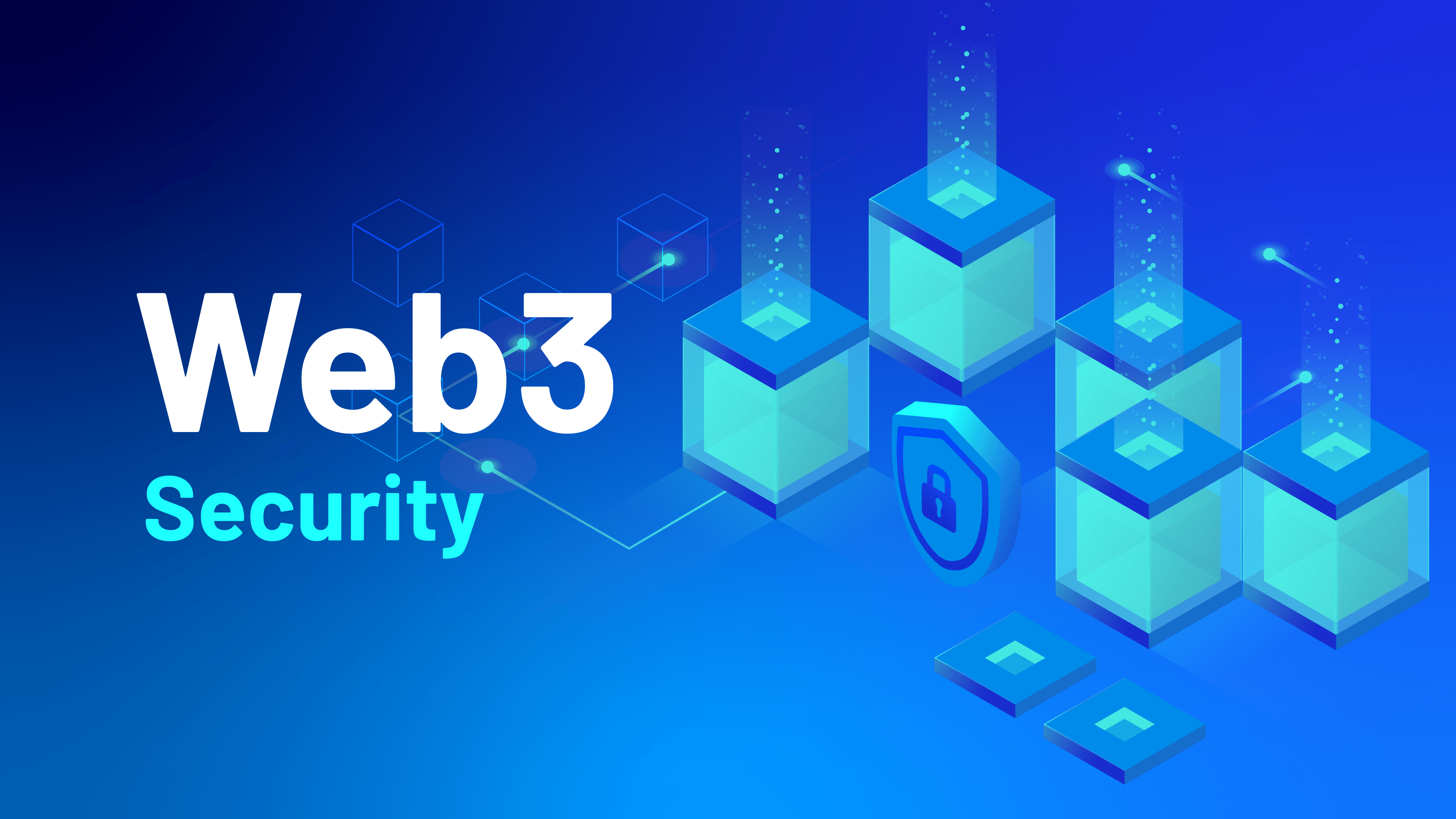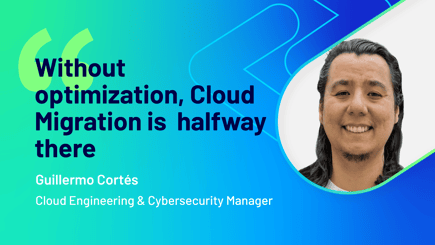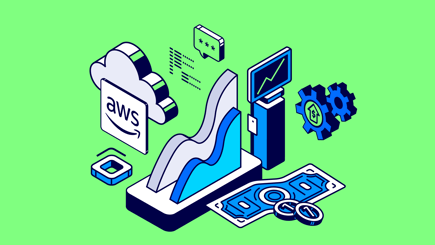
E-Commerce Guide: How to Survive High-Traffic Events
In the e-commerce world, high-traffic events —be it Black Friday, Cyber Monday sales or others— are both a blessing and a challenge. While they present an opportunity for unprecedented sales, they also test the limits of your e-commerce platform. How you prepare can make the difference between a record-breaking revenue day and a customer service nightmare.
Today's consumers demand seamless experiences, lightning-fast transactions, and personalized interactions. High-traffic events are a litmus test for e-commerce companies, highlighting their ability not only to manage traffic surges but also to deliver exceptional customer experiences amidst the chaos.
In this article, we'll explore the complexities of high-traffic events in the context of e-commerce and offer practical solutions to give companies the agility they need to meet these business challenges.
Challenges for your e-commerce at high-demand events
Events like Black Friday or Cyber Monday present several challenges for organizations. From website overload to additional costs, each obstacle presents unique difficulties that require strategic solutions. Here's a closer look at these challenges, how they manifest, and how they can impact your operations.
1. Poor user experience (UX)
During high-traffic events, your e-commerce store may experience an unusually high traffic volume. This overload can cause significant congestion, negatively impacting the user experience. Customers may experience long load times and complicated navigation, increasing the likelihood of shopping cart abandonment and reducing conversions. In fact, a study by the Aberdeen Group found that a 1-second delay in page load time can result in up to 7% lost conversions.
2. Lack of scalability
During events like Black Friday, your e-commerce platform must be able to scale quickly to handle sudden increases in traffic and number of transactions. A platform that lacks the flexibility to scale operations and resources can result in site crashes or degraded performance, negatively impacting service availability.
3. Fragmented store management
Managing an e-commerce store means juggling multiple tasks, from inventory management to order fulfillment. Fragmented systems and disjointed processes can lead to errors, delays, and lack of visibility into your business operations, reducing efficiency and hindering growth.
4. Lack of support
High-traffic events can lead to an influx of customer inquiries and technical issues. Without a support team ready to respond quickly, these problems can escalate, impacting sales and damaging brand reputation.
5. Additional cloud infrastructure costs
During high-traffic events like Cyber Monday, organizations need to scale the capacity of their cloud resources to handle the increased traffic. However, this can result in significant additional costs. It is critical to carefully evaluate scalability and performance to optimize cloud infrastructure investments.
Six solutions for surviving high-traffic events
With the right strategies and technologies, high-traffic events don't have to be intimidating. By proactively addressing common issues, companies can turn these busy times into a growth and brand positioning catalyst.
Here are six practical solutions designed to address the unique challenges of events like Black Friday or Cyber Monday in the e-commerce world:
1. Optimize your store for high-traffic events
To avoid site congestion during peak traffic periods, it is essential to have an infrastructure that can scale automatically. Cloud services are ideal for this because they allow instant scalability of resources based on demand. Cloud services offer dynamic cost models that allow you to pay only for the resources you use, eliminating unnecessary expenses. As a result, you can maintain an optimal balance between performance and cost.
2. Dimension your operational capacity
Faced with an event where traffic can increase up to tenfold, it is essential to have integrations with systems such as ERP and OMS, among others, that not only support this increase but also optimize routine tasks to cope with this growth. A scalable integration allows you to effectively manage the flow of information, especially if you are integrated with an ERP. An integration that supports this requirement is key to keeping business operations up to date, from inventory tracking to shipping logistics, and ensuring that all processes run smoothly.
3. Use analytics tools to anticipate the event
Use data analytics tools like Google Analytics to gain insight into your users' behavior. These tools allow you to track data such as the number of concurrent users, most visited pages, most popular products, and purchase patterns.
4. Implement custom dashboards for the event
Custom dashboards are critical tools for tracking key KPIs in real time during high-traffic events. They allow teams to quickly visualize the status and performance of the website, marketing campaigns, and sales operations. They also make it easier to identify and proactively manage operational bottlenecks to ensure a smooth and efficient user experience.
5. Deliver proactive and scalable support
A well-coordinated support strategy is essential to handle the volume of inquiries during high-demand events. Organize your support team or coordinate with an external partner such as Acid Labs to ensure a fast and personalized response. Preparation and training will ensure your team is ready to provide quality support.
6. Perform load testing to avoid additional costs
Load testing is essential to anticipate how the infrastructure will behave under heavy traffic. By simulating high-demand scenarios, you can identify and resolve bottlenecks to ensure system stability and reliability. This preparation is key to keeping costs under control and avoiding unnecessary expenditure of infrastructure resources. You can also prevent unexpected outages, protecting the user experience and your brand's reputation.
Prepare your e-commerce infrastructure with Acid Labs
In a reality where high-traffic events can be both an opportunity and a challenge for your e-commerce business, proper preparation of your platform is critical. At Acid Labs, we not only understand the magnitude of these events, but we also have the experience and expertise to make them a resounding success.
We have taken on major challenges with household names while maintaining exemplary service uptime. Our work with a major government agency is a testimony to our capabilities. Faced with an unprecedented event with an expected 10 to 12 million concurrent users, the infrastructure was not only able to handle the load, but did so successfully, ensuring 24-hour continuous operation.
At Acid Labs, we are committed to providing reliable and scalable solutions for your e-commerce needs. Whether you're anticipating a high-traffic event or looking to improve your site's readiness, we're here to provide the support and expertise you need.
Are you ready to prepare your e-commerce infrastructure for success during high-traffic events? Contact us today to find out how Acid Labs can help you achieve your goals!
Publication date: April 3, 2024.





